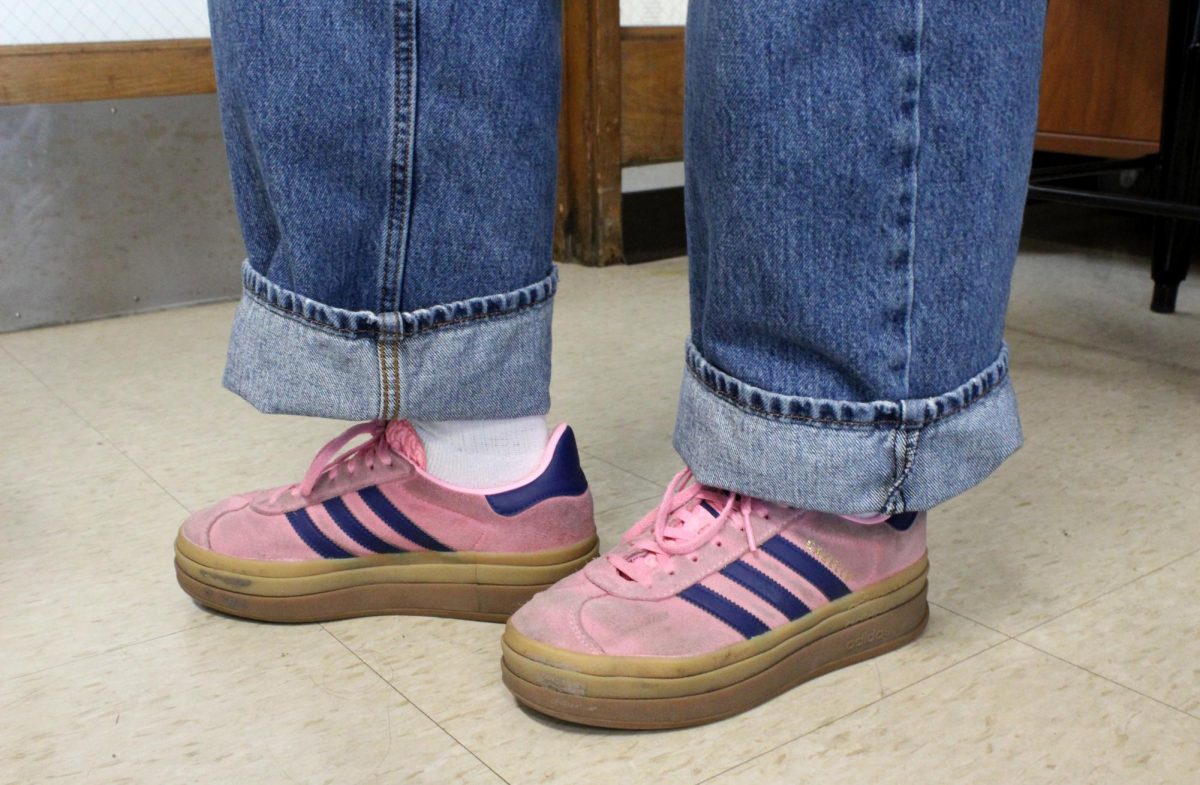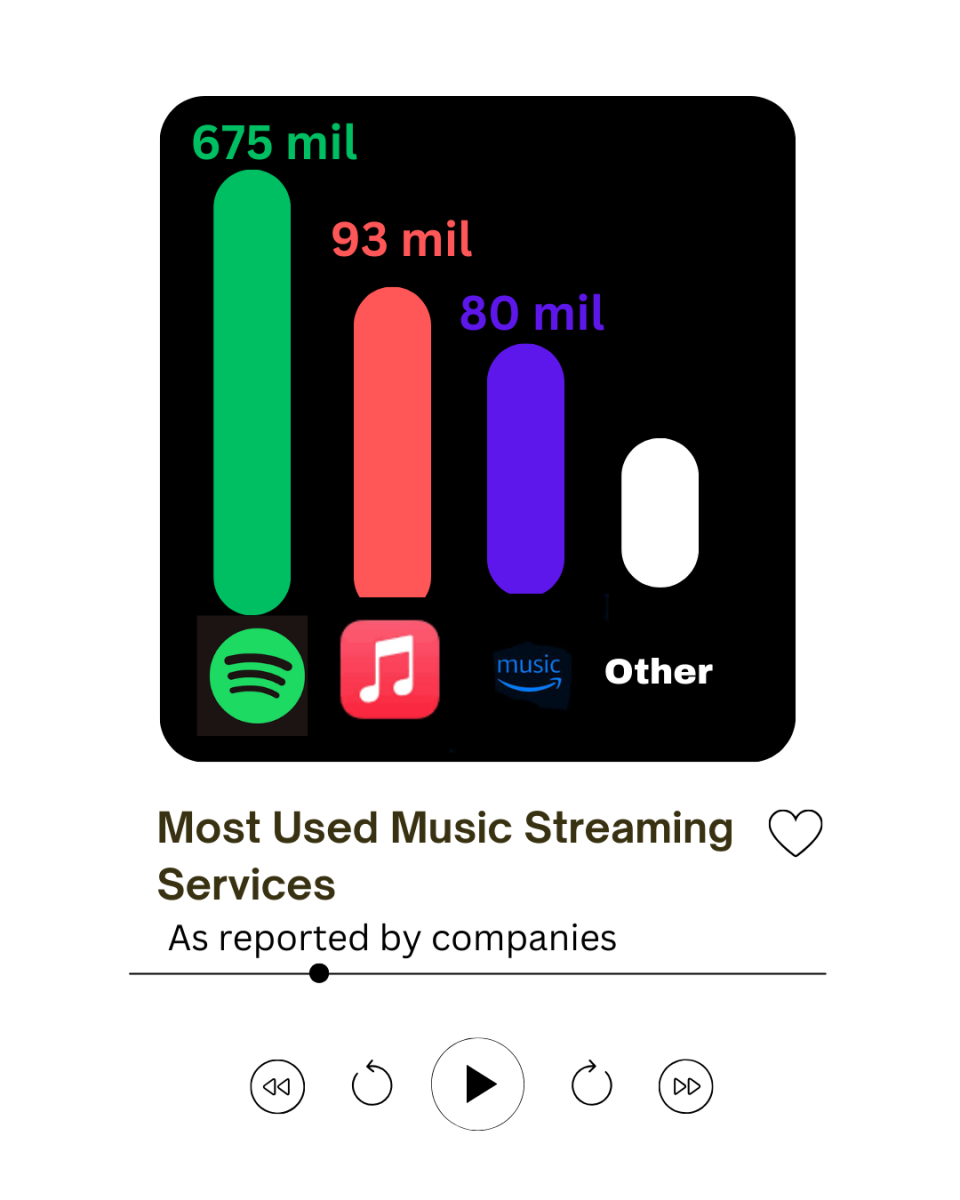
Underage alcohol consumption is a very prevalent issue, not only at Libertyville High School, but around the United States as well. Some U.S. citizens feel that the drinking age should be lowered to 18 years of age, instead of 21. However, due to the dangers of alcohol, the undeveloped brains of teenagers, and the lack of experience teenagers have when it comes to driving, the drinking age should not be lowered.
Currently, the national law for the drinking age is 21 years of age. However, according to a 2008 poll taken by the U.S. Department of Health and Human Services, there are 10.1 million underage drinkers in the United States. The study concluded that 39% of 8th graders, 58% of 10th graders, and 72% of 12th graders have tried alcohol. Also, underage drinking is the leading cause of death by injury. If the drinking age was lowered, these statistics would most likely rise, and so would the amount of injuries and deaths to adolescents around the country.
In 1984, the drinking age was raised from 18 to 21. A foundation called “Mothers Against Drunk Drivers” helped to pass this law in hopes that it would reduce drunk driving and make roads safer. According to the National Traffic Highway Administration, the rise in the drinking age saved around 900 lives a year. On average, teenagers ages 16-19 are four times more likely to be involved in a car accident. If they change the drinking age back to 18, even more teenagers will get into dangerous car crashes.
Libertyville’s school resource officer, Mr. Bob Uliks, takes a similar position on the drinking age being lowered.
“I do not think [the drinking age] should be lowered,” Mr. Uliks explained. “You can not legally allow anyone to consume alcohol who is still in high school, and we have 18-year-old students here. Also, research shows that the amount of serious alcohol-related incidents occur between the ages of 18-22.”
Mr. Uliks also believes that the driving age would be an issue if the drinking age were to be lowered.
“When you look at European countries with a lower drinking age, their driving age is raised. You have to sacrifice one thing for another,” he stated.
With a contrasting viewpoint, an anonymous junior at LHS believes that the drinking age should be lowered. This person did not want their name included when discussing this sensitive topic.
“Most kids do it anyway,” he stated. “So why can’t we just lower it back down to 18? It wouldn’t make that much of a difference.”
I, however, disagree. If the drinking age were to be lowered, it would seem as if our country is encouraging our youth to drink alcohol. The amount of 18-, 19-, and 20-year-olds who drink alcohol would go up if it were legal. However, this is a bad thing, because younger people usually are not smart enough to make good decisions. If an 18-year-old is drunk, they are more likely to drive or drink even more, because they lack the correct decision-making skills of an adult. If an adult is drunk, they will usually make a better decision, because their brains are more developed than a teen’s.
“If 18-year-olds are allowed to vote, then they should be allowed to drink,” the junior also said. “In America, you basically become an adult at age 18, therefore, you should be allowed to drink alcohol at that age.”
This junior does make a decent point. At age 18, U.S. citizens gain many more rights than they previously had, so why should they not be allowed to drink alcohol? The reason is to keep them safe. Although turning 18 is a sign of adulthood, it is not safe to allow 18-, 19-, and 20-year-olds to drink.
Senior Kelsie Loumeau also made a good point regarding the drinking age.
“If people can join the military at age 18, then they should be able to drink at 18,” Loumeau stated.
If a person is located on a military base outside of the US, then it is up to their commander whether or not they are allowed to drink, even if they are only 18 years old. However, if you are located on a base within the US, you cannot drink until 21, unless your commander makes an exception. So if you join the military at age 18, then there is a chance you will be able to consume alcohol.
Being able to drink alcohol is not a matter of adulthood versus childhood; it is a matter of safety, responsibility, and the overall well-being of our country’s youth. Alcohol will endanger the life of the person drinking it, and even the people around them. That is why the drinking age should remain at 21.








